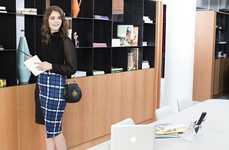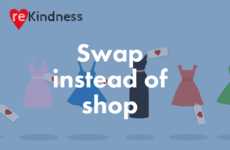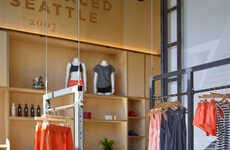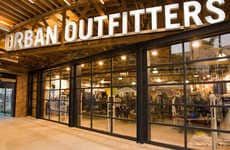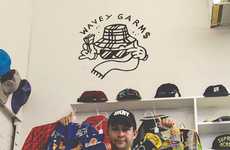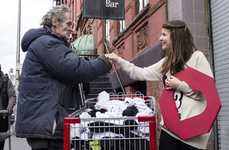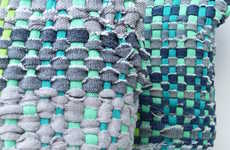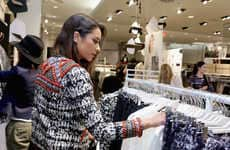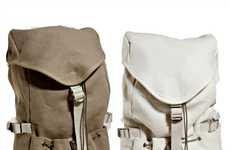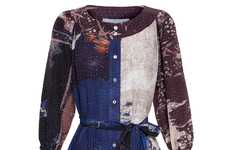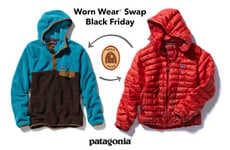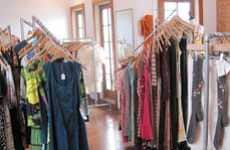


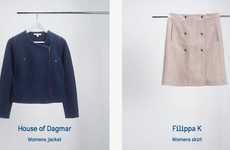
Clothing libraries offer consumers a sustainable fashion solution
Implications - As consumers look for ways to live more simply, many are embracing new models of sharing and trading clothes inspired by the peer-to-peer economy. Often requiring membership and serving as a catalyst for community, such shareable fashion platforms speak to the new experience of personal style in the Instagram-era as something that's continually evolving. In addition to showcasing the far-reaching influence of the sharing economy, this shift highlights the new ways of accumulating products that extends past traditional retailer-to-consumer models.
Workshop Question - How will rental and lending services impact the likelihood of consumers purchasing your products?
Trend Themes
1. Sharing Economy - The rise of the sharing economy and its emphasis on lending, borrowing, and sharing items has enticed fashion entrepreneurs to experiment with clothing rental and lending services.
2. Sustainable Fashion - The trend toward environmental sustainability and ethical fashion practices has inspired some business models for creating a more circular textile economy, such as upcycling, waste reduction, and on-demand garment rentals.
3. Personal Style Evolution - As consumers look for ways to embrace personal style through a constantly evolving fashion experience, more clothing lending and rental services are arising that allow shoppers to try new items more regularly and diversify their wardrobe without owning everything.
Industry Implications
1. Fashion Rental Services - From on-demand app fashion rentals to P2P clothing lending platforms, rental-based fashion industry is growing exponentially to offer consumers budget-friendly options while also reducing fashion waste and clothing overconsumption.
2. Circular Fashion Economy - The fashion industry is embracing a circular economy as a means to reduce textile waste. An opportunity exists for entrepreneurs in businesses that incentivize garment re-use, such as upcycling, textile recycling, and utilizing waste fabric materials.
3. Online Fashion Marketplaces - With the rise of online clothing marketplaces that offer resale options, consumers are becoming more environmentally conscious. Business opportunities exist in the form of curated online marketplaces, consignment stores, and online auction networks.
6 Featured, 43 Examples:
229,606 Total Clicks
Date Range:
May 15 — Jun 17
Trending:
Hot
Consumer Insight Topics:





